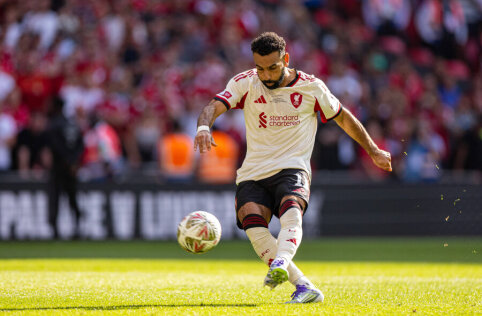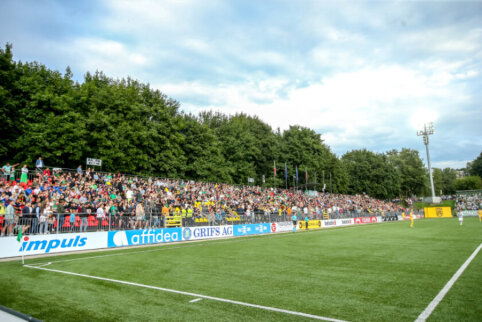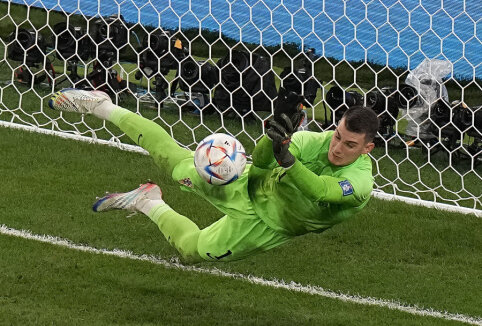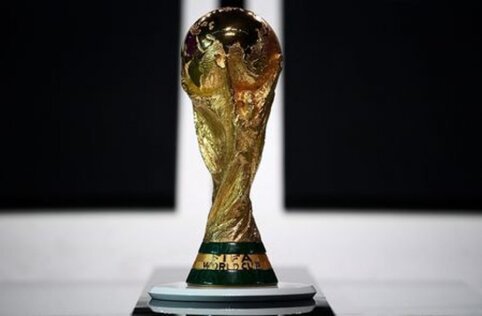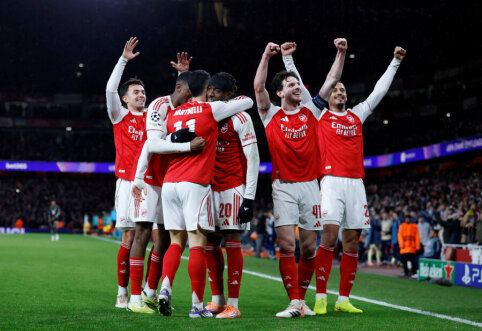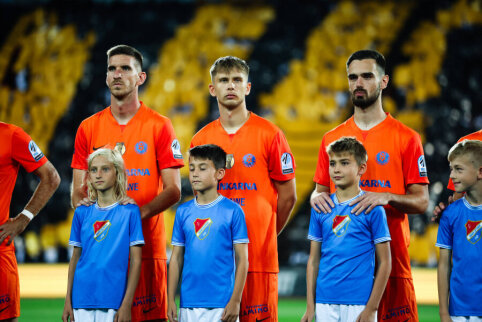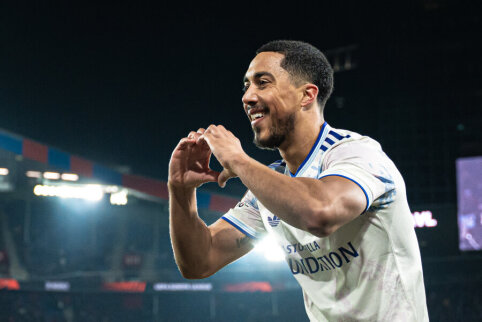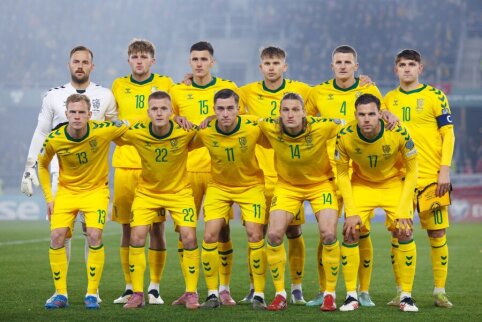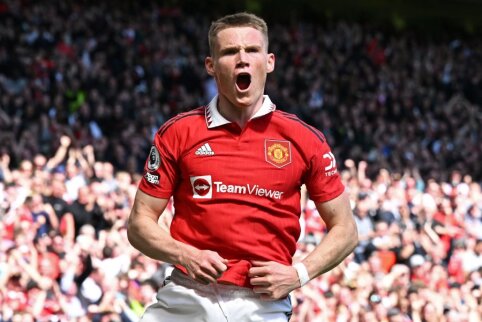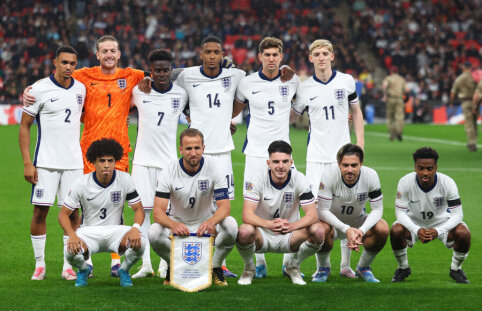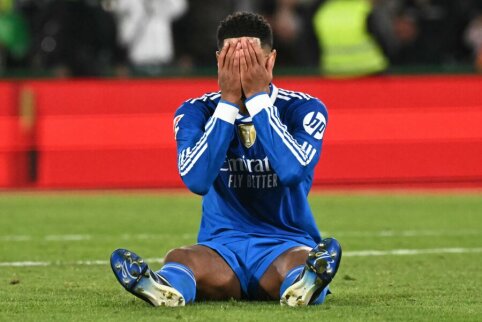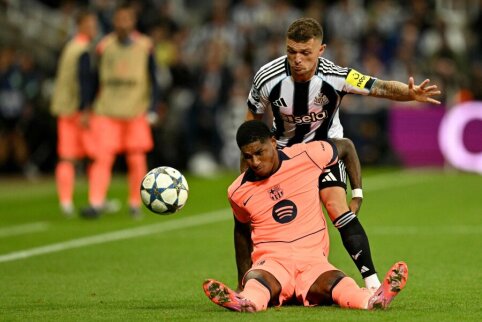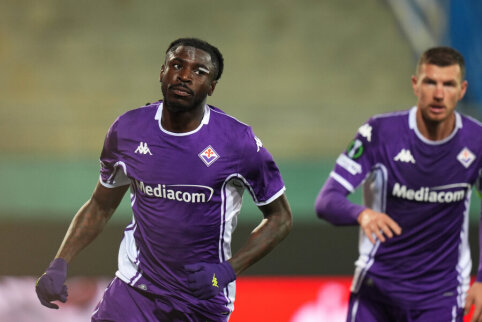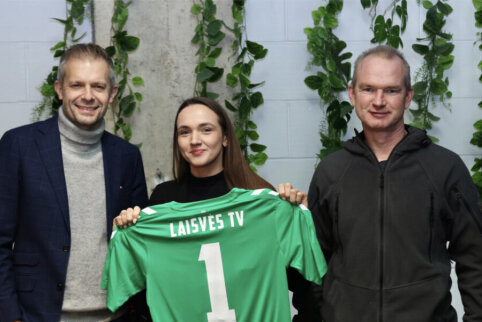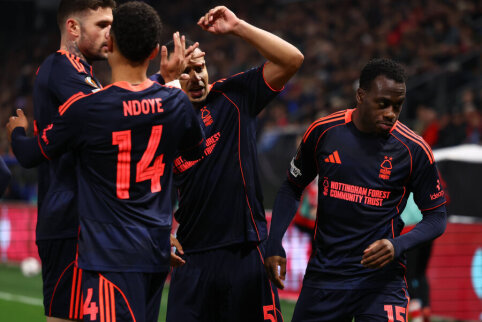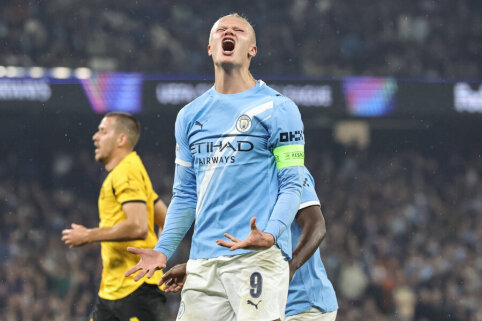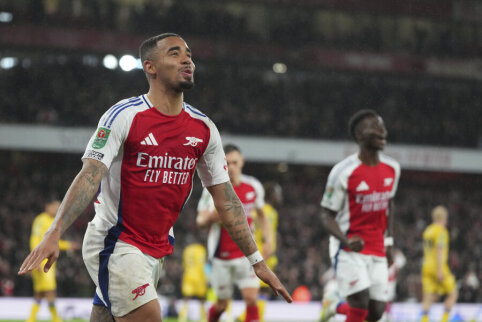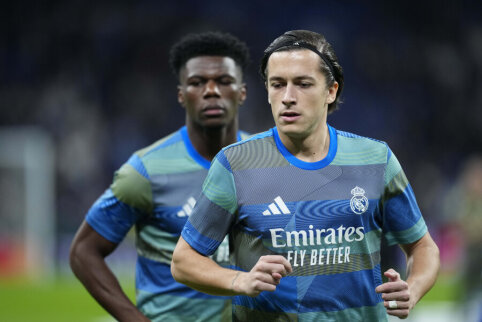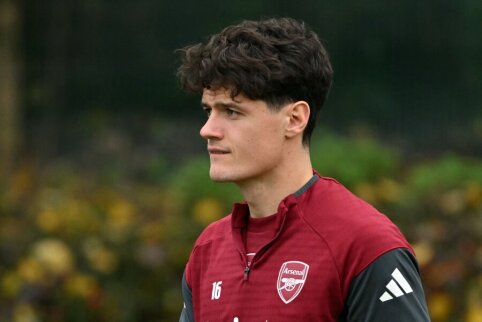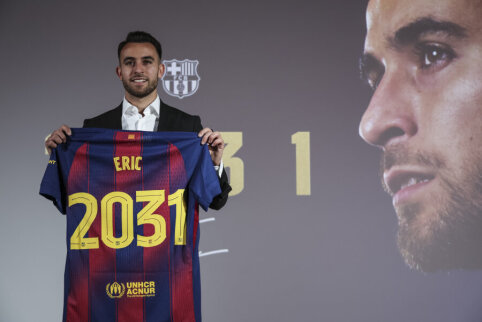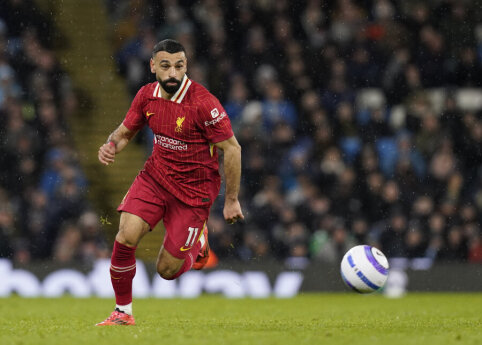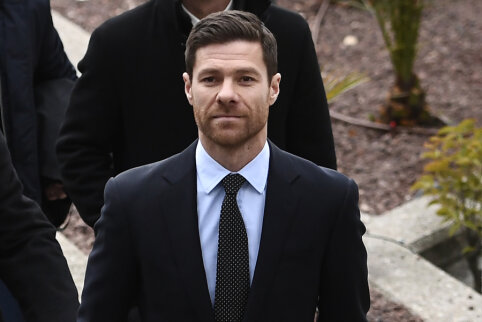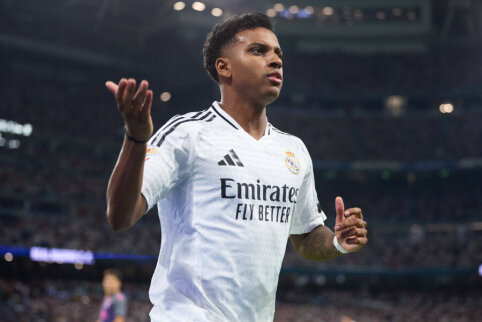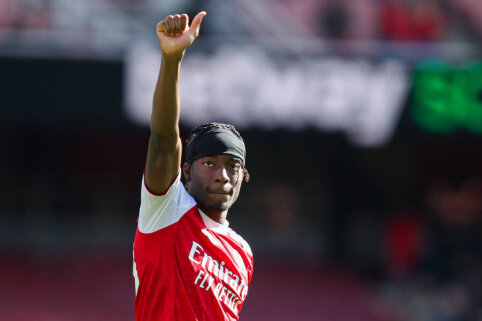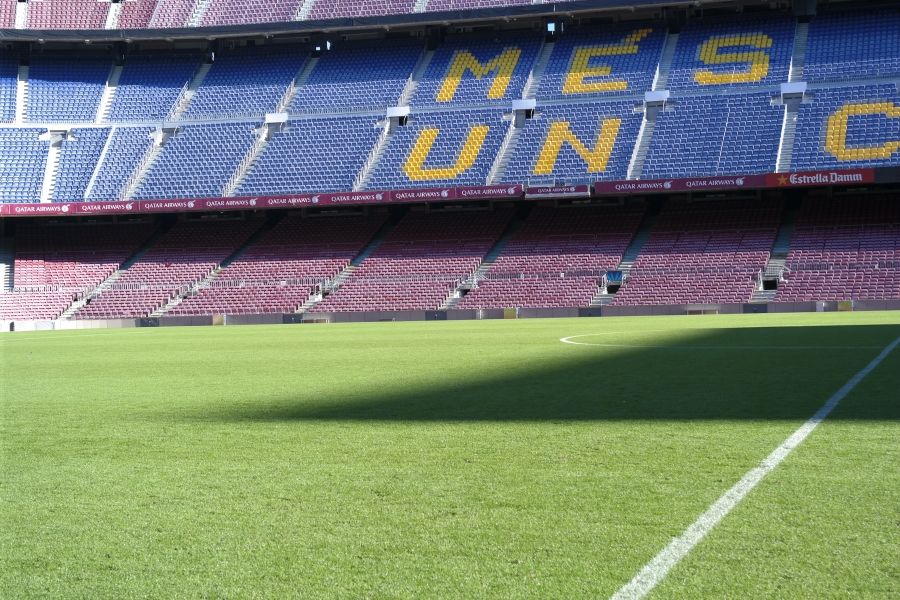 © JumpStory
© JumpStory
Cristiano Ronaldo, throughout his incredible career, has always been known as a goal-scoring machine who dominated the championships of England, Spain, and Italy. Playing for "Manchester United," Madrid's "Real," and Turin's "Juventus" clubs, the Portuguese football god won numerous trophies, but over the years, his playing style has changed and now we see a different version of the footballer than he was at the beginning of his career, wearing the jersey of Lisbon's "Sporting." United States sport news giant ESPN journalist Gabas Marcotti decided to review the career of the most successful UEFA Champions League player of all time and how it progressed.
Early career years (2002-2006)
C. Ronaldo made his professional football debut at just 17, when after a long break in the match, the team's coach, Ladislau Bolonis, released the young talent in a UEFA Cup match against Belgrade's "Partizan," which the Portuguese club lost. At that time, it was clearly obvious that the footballer was not fully physically prepared: he was tall and slim, and the shorts "hung" on the young Ronaldo's shoulders, not only because it was the fashion back then.
However, the Portuguese talent was evident, and the "Sporting" officials and coaches knew that they had something special in the team, but, as is typical for young athletes, there was a fear that the talented forward might not handle the pressure. Also, the coaches of the Lisbon club were scratching their heads on how to properly utilize him on the field.
They tried to capitalize on Ronaldo's strengths: speed in open spaces, long legs, and the ability to beat opponents one-on-one. It was expected that as time went on, all the other strengths typical of forwards would emerge. In youth teams, he was often used in the midfield position, but in professional football, the player shifted to the wing due to his speed.
Many football fans know the story of then-"Manchester United" coach Sir Alex Ferguson after friendly preseason matches with "Sporting" in which the young Cristiano shone, he was enthralled and convinced the executives of the English club at any cost to acquire the young Portuguese star in the summer of 2003.
Of course, there was no doubt about his talent before, but that match is called the pivotal factor in the footballer's move to England. Other clubs that showed interest in the forward were London's "Arsenal," "Valencia," "Barcelona," and "Parma." Interestingly, with the latter "Sporting" had reached a verbal agreement for Ronaldo's move to Italy, but the Portuguese chose the legendary club of Manchester.
Arriving in England, Ronaldo took over the jersey number 7 left by David Beckham at Madrid's "Real." At the beginning of his new career stops, the 18-year-old talent was like an unpolished diamond who wanted to experiment and was encouraged to do what he does best - dribbling past opponents.
His impressive runs usually started on the wings looking for free spaces near the center or closer to the opponents' goal. However, the football prodigy often performed his maneuvers with his head down, which meant that he often missed the opportunity to pass the ball to a free teammate marking a goal or to shoot at the goal himself.
Football journalist and expert Guillem Balague, in his biography of Ronaldo, notes that the "Red Devils" players often got irritated with the Portuguese, seeing him playing in a traditional winger position, making too many unnecessary touches on the ball and thus wasting opportunities to accelerate attacks or score goals.
At that time, "Manchester United" center forward Ruud van Nistelrooy was one of those dissatisfied with his young colleague's play. The Dutchman got rid of defenders and moved into free spaces, but rarely received passes from the Portuguese.
For a forward who is completely dependent on the opportunities created by his teammates, it was very difficult to adapt to a different type of player like young Cristiano, as until then, he played with the master of successful passes David Beckham.
In his first season in the English "Premier" league, Ronaldo scored 4 goals and assisted his teammates the same number of times. Such statistics for a player of this age were not bad, but football experts were not sure how much he could improve.
Nevertheless, after a season full of questions, the 19-year-old got a chance at the 2004 European Football Championship, which took place in his native Portugal.
The young country's talent entered the aging Portuguese team of the "golden generation," where players like Rui Costa and Luis Figo played. Ronaldo simply shined on the biggest stage of European football: he led the tournament in dribbling attempts (7.79 times per match) and was among the players who shot on goal area the most (4.1 times per match).
Surprisingly, and unlike in the later stages of his career, in the tournament, he was also among the leaders in ball interceptions and passes interrupted (3.29 times per match). Not only that, Portugal reached the final, which they lost after a hard-fought battle to Greece, and Cristiano ended the championship with two goals.
Representing his country in the European Championship held in his homeland gave the young footballer an incredible experience and freedom on the field, which, it seems, he did not receive enough of in the veteran-filled "Manchester United" team.
